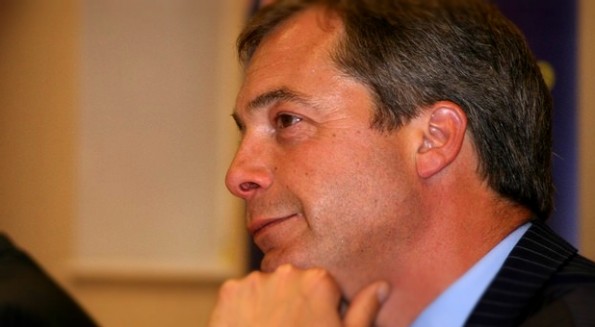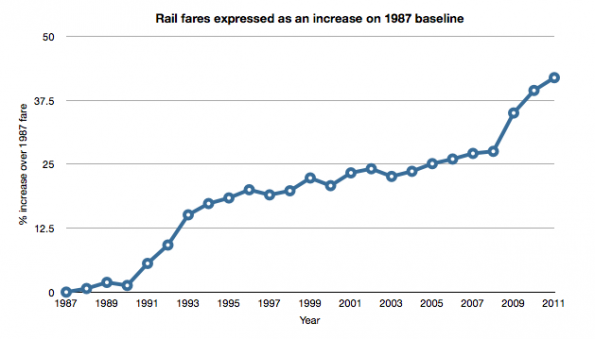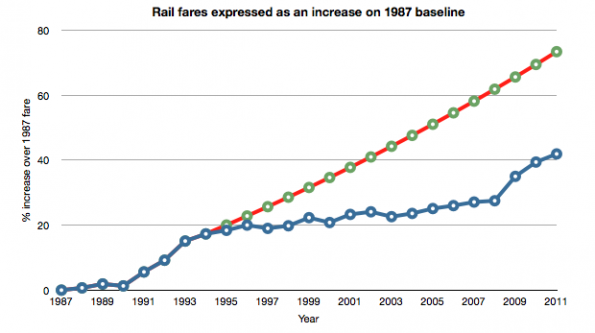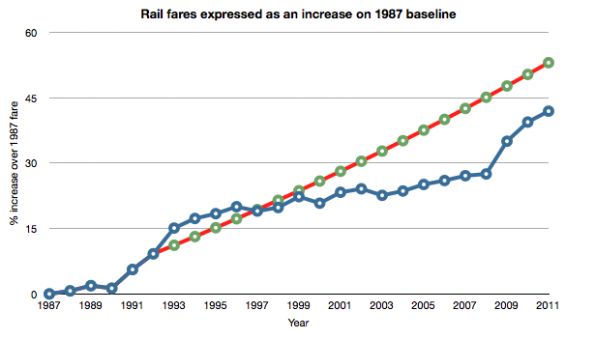Tony Blair’s autobiography gives a real and detailed insight into what it’s like to be Prime Minister: the stresses and how he coped with them, the challenges and how he tried to overcome them, the successes, the failures, the balancing of family life with political life and statesmanship. It really is quite fascinating.
Politically, there’s little in here that we haven’t heard before, but the detail and explanation of how and why decisions were reached seemed interesting to me. The “behind the scenes” detail of the huge events that occurred under Tony Blair’s leadership provided genuine insight, if not new information – Diana’s death, 9/11, 7/7, the Hutton Inquiry, and Iraq to name just a few.
Yet, it’s taken me the best part of two years to plough through this tome. That’s mainly due to what Ben MacIntire of The Times described as a “congenial style peppered with slang and gossipy asides”. I’d describe it as a style resembling transcribed speech, and it frequently becomes very thick and frustrating.
Let me pepper this review with some examples. When talking about the themes underpinning his leadership (something he does frequently, citing different themes each time), the following sentence appears: “Perhaps above all, an emphasis bordering on the religious on what counts to be what works.”
It’s not a crime against humanity, but it is a verbless sentence that doesn’t really scan very well. It’s the sort of sentence you have to re-read a couple of times to get the message. In a paragraph of prose, it’s a frustrating sentence that should have been edited. And these are little throughout the book.
Here’s another example. Read this sentence aloud: “I wondered – as did some of the newer and more radical faces in my Policy Unit, although this was still heresy in the party, not least among most of my ministers – whether we had been right to dismantle wholesale GP commissioning in the NHS and grant-maintained schools in education, instead of adapting these concepts of local self-govenment to spread decentralised management across the state health and education systems, but without the inequity inherent in the underfunded Tory reforms we inherited.”
Again, the message is clear, but it isn’t an easy read. A decent editor would surely have added some more punctuation, or cut this down into several sentences.
And, since we’re on a roll, let’s play “count the subclauses” in this example: “Precisely because the roots of this wider struggle were deep, precisely because it was a visceral life-or-death battle between modernisers and reactionaries, precisely because what was – and is – at stake was no less than the whole future of Islam – the nature of its faith, its narrative about itself, and its sense of its place in the twenty-first century – precisely because of all this, there was no way the forces opposed to modernisation, and therefore to us, were going to relinquish their territory easily.”
I think these examples demonstrate the message that this book is not an easy bedtime read. Yet, within a few sentences of passages like those above, Blair tells us about Alistair Campbell’s “clanking great balls”, describes Iraq as “a basket case”, PMQs as “a girls’ school playground” and relates that “I like to have time and comfort in the loo.”
And then, occasionally, Blair becomes suddenly coy: he didn’t want to discuss his son’s vaccination status “for private reasons the family was sensitive about issues to do with.” Note, again, that this hardly scans well.
The constant juxtaposition of long badly written passages of political prose and puerile descriptions of characters and situations wore me out. I couldn’t read more than a couple of chapters of this at once.
I think this demonstrates that I found this book a difficult read, which makes it difficult to rate. On the one hand, much of the content is five-star – well worth reading, whichever side of the political fence one occupies. On the other, the form of expression is risible, bordering at times on unreadable. This is a book that badly needs a revised and edited edition under the guidance of a decent editor! Until then, I can’t in good conscience give it more than three stars.





A Journey is available now from amazon.co.uk in paperback and on Kindle.





